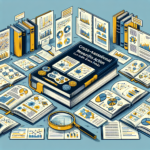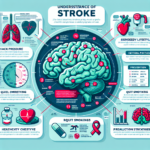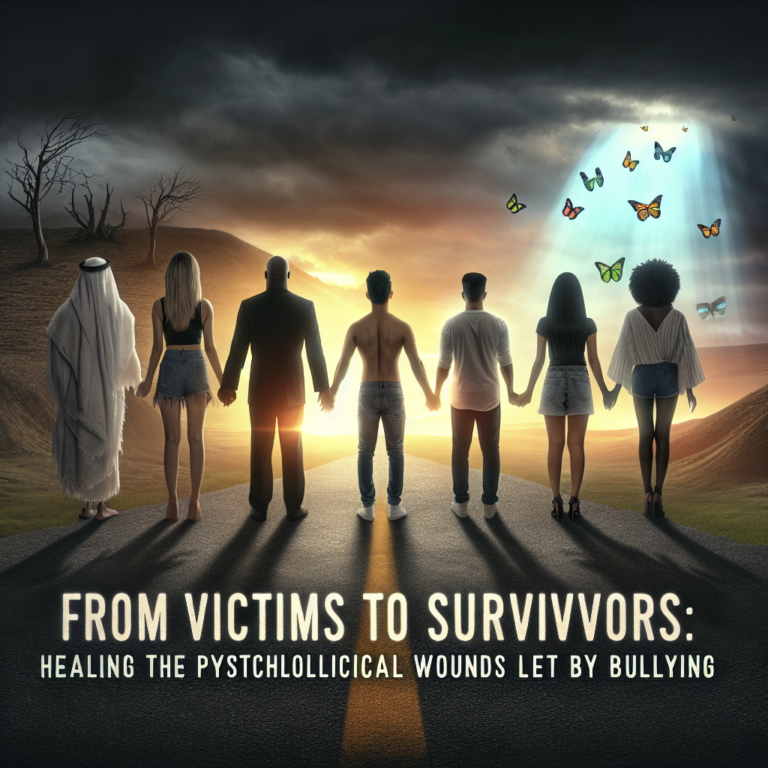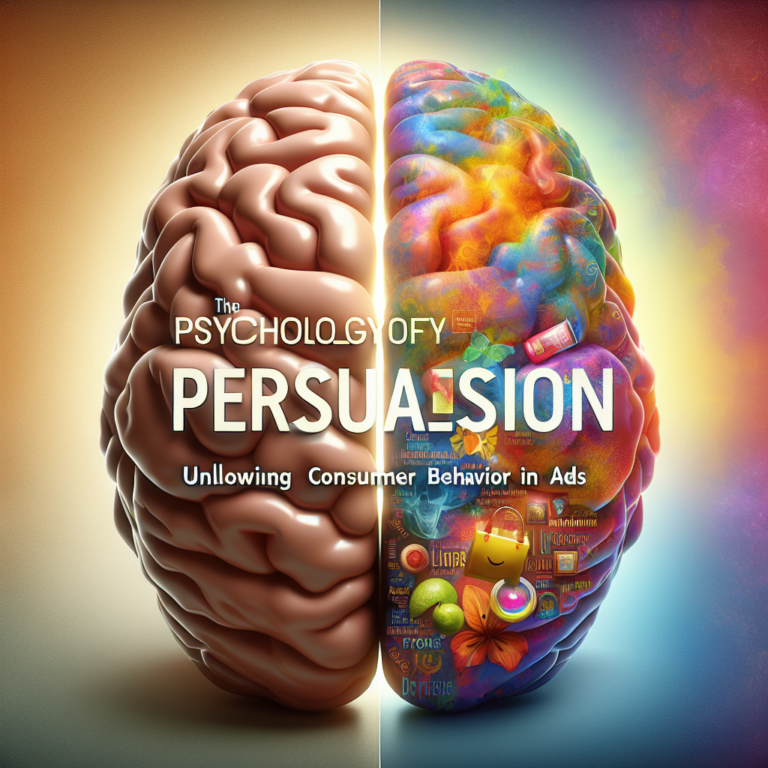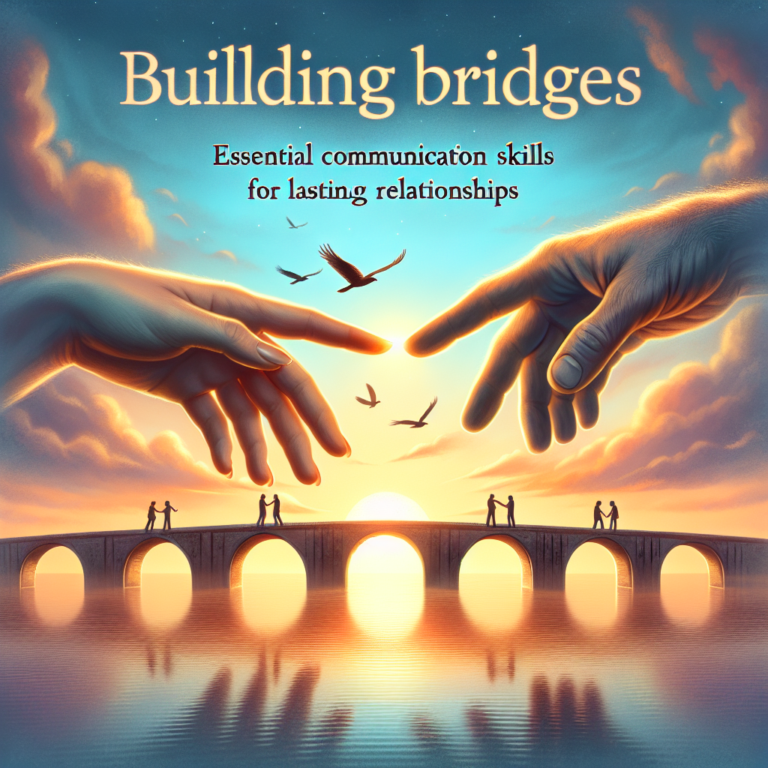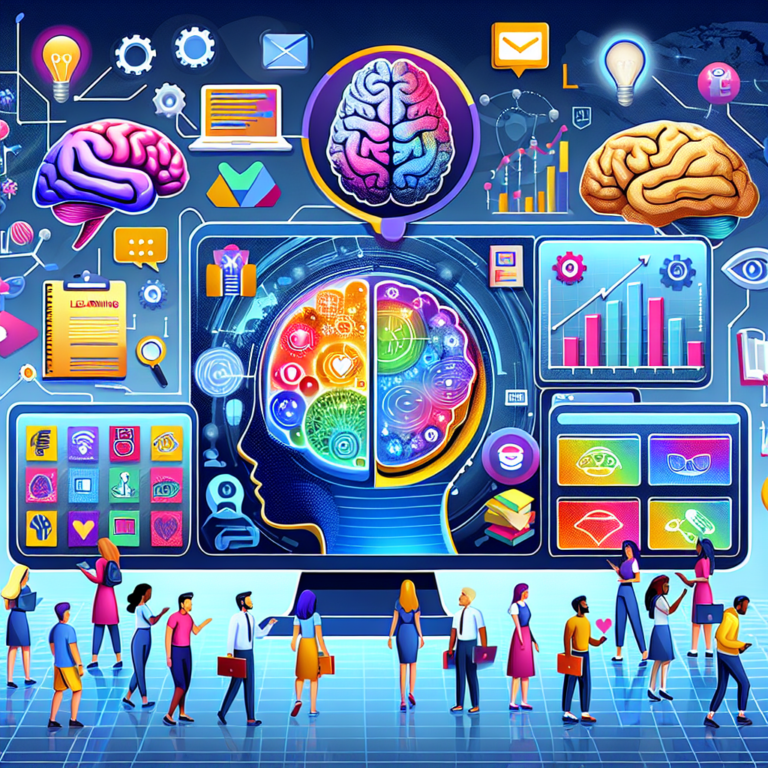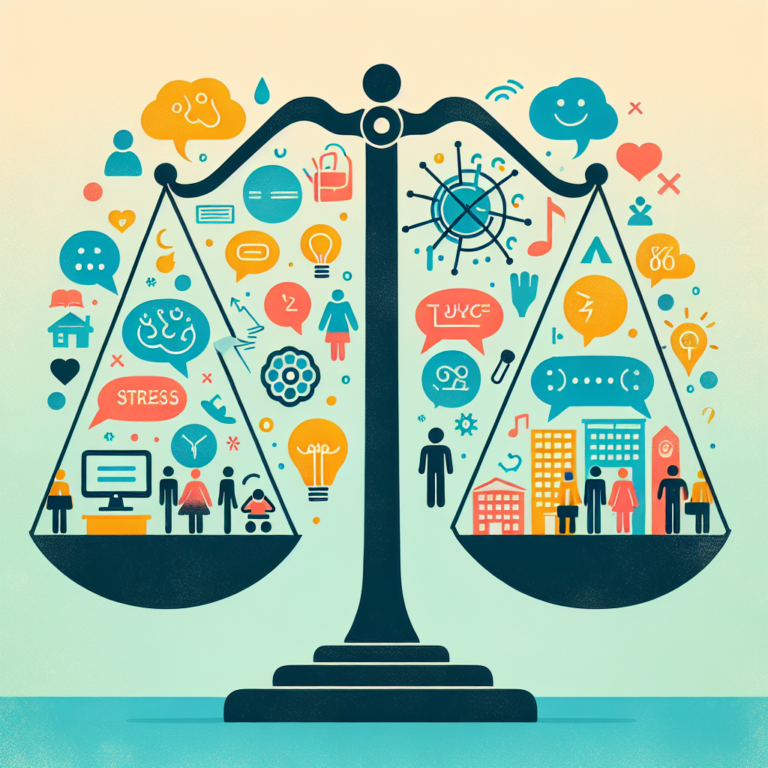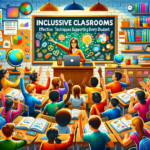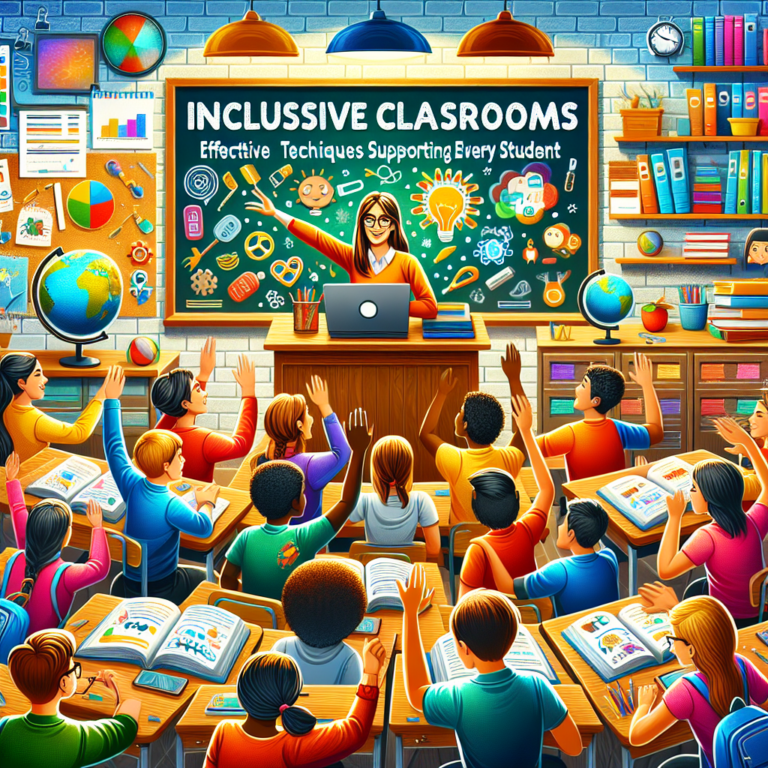
Title: The Ultimate Guide: From Instinct to Insight – The Psychological Drivers of Human Behavior
Introduction
Human behavior is a tapestry woven from threads of instinct, emotion, and reason. In our quest to understand what makes us tick, the journey from raw instinct to profound insight has garnered the attention of psychologists, sociologists, and everyday individuals alike. Why do we make certain choices? What drives our behaviors in different circumstances? Understanding this transition—from instinct to insight—illuminates the psychological drivers that shape our actions, decisions, and ultimately, our lives.
This extensive exploration aims to unpack the complex layers of human behavior, delve into its psychological underpinnings, and showcase how understanding these aspects can lead to personal growth and improved interpersonal relations. Join us as we navigate the intricacies of this fascinating subject, discovering actionable insights that empower readers to transform instinct into valuable understanding.
The Nature of Instinct: A Primitive Foundation
Instinctive behaviors are not merely remnants of our evolutionary past; they are essential to our survival. From basic reflexes, like pulling a hand away from a hot stove, to more complex behaviors, such as nurturing and forming social bonds, instincts guide much of our decision-making. The instinctual responses that developed over millennia are influenced by biological imperatives and play a pivotal role in how we navigate our world.
- Example of Instinct in Action: One striking illustration is the phenomenon of "fight or flight." When faced with a threat, our bodies undergo a series of hormonal changes that prepare us to confront danger or escape. Understanding this instinctual response helps illustrate why people react the way they do in stressful situations, allowing us to appreciate the inherent nature of human behavior.
The Psychological Framework: Bridging Instinct and Insight
Transitioning from instinct to insight requires a deeper understanding of several psychological frameworks. Key theories in psychology help decode the nuances of behavior, particularly within contexts of stress, social interactions, and emotional responses.
1. Maslow’s Hierarchy of Needs
Maslow’s theory posits that human motivation is folded into a hierarchy of needs, from basic physiological requirements to self-actualization. This framework sheds light on how instinctual behaviors—such as the quest for food, safety, and love—serve as the underlying currents driving human actions.
2. The Dual Process Theory
This theory introduces a dichotomy between System 1 (fast, instinctual) and System 2 (slow, reflective) thinking. Understanding these systems allows individuals to navigate between instinctual reactions and thoughtful insights, fostering a more comprehensive approach to decision-making.
3. Emotional Intelligence (EI)
The ability to identify, understand, and manage emotions is pivotal in evolving from instinctual responses to insightful behavior. High levels of EI empower individuals to navigate complex social landscapes, leading to healthier relationships and improved self-awareness.
Case Studies: Real-World Applications
Understanding psychological principles is only the first step. Applying them in real-world contexts can be transformative. Below are several case studies that illustrate these ideas in action.
Case Study 1: The Bystander Effect
The bystander effect demonstrates how human instincts can sometimes lead to inaction. In emergencies, individuals are less likely to help if others are present, reflecting the instinct to look to others for cues. However, fostering insights about responsibility and group dynamics can help mitigate this instinct, encouraging proactive behavior.
Analysis: This case emphasizes the importance of situational awareness and the call to action that awareness can instill. By understanding these psychological drivers, individuals can better prepare themselves to act decisively in crises.
Case Study 2: Decision Making in Crisis
Consider the decisions made during the COVID-19 pandemic. Fear and uncertainty prompted instinctual responses—panic buying, social withdrawal, and skepticism. However, those who accessed accurate information and reflected on broader implications showcased a shift from instinct to insightful decision-making.
Analysis: This scenario highlights the critical nature of information dissemination and the role psychological resilience plays in navigating crises. It invites individuals and leaders to cultivate environments that encourage thoughtful reflection rather than mere reaction.
Insights on Social Influence: The Power of Groups
Social dynamics is another vital layer in understanding human behavior. Instincts often lead to conforming to group norms, which can stifle personal insight. Yet, understanding social psychology’s intricacies can empower individuals to navigate these influences wisely.
1. Groupthink
Groupthink illustrates how the desire for harmony within a group can suppress dissenting viewpoints, leading to poor decision-making. An awareness of this phenomenon can transform instinctual conformity into more discerning insights.
2. Social Proof
Humans often look to others when making decisions—an instinct that can be beneficial, but also leads to herd mentality. By cultivating critical thinking skills, individuals can rise above instinctual behavior, leading to more reasoned and insightful choices.
Visualizing Insights: Tables and Charts
To enhance this exploration, below are tables summarizing key psychological theories alongside practical applications and examples that illustrate their relevance to understanding human behavior.
| Psychological Theory | Key Concepts | Real-World Application |
|---|---|---|
| Maslow’s Hierarchy of Needs | Motivation and needs hierarchy | Understanding priorities in personal growth |
| Dual Process Theory | System 1 vs. System 2 Thinking | Balancing intuition with deliberate choice |
| Emotional Intelligence | Managing emotions and interpersonal skills | Improving relationships and self-awareness |
Actionable Insights for Personal Growth
As we navigate the journey from instinct to insight, several actionable takeaways can be applied to everyday life:
Cultivate Self-Awareness: Regular reflection on one’s instincts can lead to deeper self-understanding and growth.
Develop Critical Thinking: Encourage questioning and analysis of automatic responses to better navigate complex situations.
Foster Emotional Intelligence: Engaging in practices that enhance EI can improve communication, relationships, and personal insight.
Seek Diverse Perspectives: Actively engaging with differing viewpoints can counteract instinctual conformity, fostering a culture of critical analysis.
- Practice Mindfulness: Mindfulness techniques can help bridge the gap between instinct and insight, allowing for more thoughtful decision-making.
Conclusion
The journey from instinct to insight illuminates the intricate dynamics of human behavior. As we reflect on the psychological drivers behind our actions, we are empowered to make more conscious decisions, cultivate stronger connections, and ultimately enhance our overall quality of life. By integrating the insights shared in this article, readers are encouraged to harness their understanding of instincts and transform them into meaningful insights.
Embrace this ongoing journey of personal growth, and let the profound understanding of the psychological drivers of human behavior be your guide.
FAQs Section
Q1: What are instinctual behaviors?
Instinctual behaviors are natural reactions that are often automatic and driven by psychological and biological processes. They guide our actions based on survival instincts, social dynamics, and emotional responses.
Q2: How can understanding human behavior improve my relationships?
By recognizing the psychological drivers of behavior, you can become more empathetic toward others, communicate effectively, and navigate conflicts with a clearer perspective.
Q3: What role does emotional intelligence play in my decision-making?
Emotional intelligence allows individuals to recognize and manage their emotions, leading to more thoughtful decisions rather than instinctual, knee-jerk reactions.
Q4: How can I develop critical thinking skills?
You can enhance critical thinking by questioning assumptions, engaging with diverse perspectives, and practicing reflective thinking in decision-making processes.
Q5: What are some techniques for fostering self-awareness?
Journaling, mindfulness practices, and seeking feedback from others are effective techniques for developing self-awareness and understanding the psychological drivers of your behaviors.
By exploring these insights, readers can embark on their path of transformation—from instinct to insight—empowering themselves in their everyday lives.

